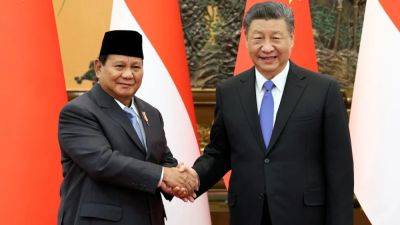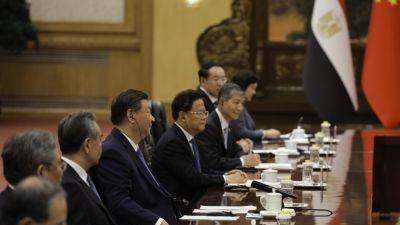Can’t blame all Chinese cyberattacks on the government
The UK’s national security agency, MI5, warned in April that British universities participating in military research are targets for cyberattacks by foreign states.
More recently, news broke of a cyberattack against the UK’s Ministry of Defense, which exposed the personal details of 270,000 armed forces personnel. China is the main suspect behind these attacks.
China is often presented as a monolithic entity, entirely at the whim of the Chinese Communist Party (CCP). However, the reality is more complex. Many Chinese cyberattacks and other kinds of digital interference are conducted by Chinese nationalist groups.
Some of these groups are funded by and act under the direction of the CCP. The 50 Cent Army (五毛党), for example, is a group that posts pro-CCP messages on social media. Its name is derived from reports that the CCP pays recruits 0.5 yuan (US$0.69) per post.
But many of these groups operate independently. There are even cases of Chinese nationalist groups engaging in online warfare against the wishes of the CCP.
The fact that cyberattacks are being launched independently of the CCP and against its directives suggests that China’s nationalist movement is escaping the government’s societal controls. This could become a headache for China’s president, Xi Jinping, as the number of cyberattacks grows.
China’s nationalist movement is very sensitive to what it considers insults to the Chinese nation. This is due to the careful construction of Chinese nationalism through stories like the “century of humiliation”, a period from roughly 1839 to 1949 in which China was exploited and victimized by foreign imperialist powers.
Chinese nationalists now act against what they perceive to be renewed attempts by foreign powers to






